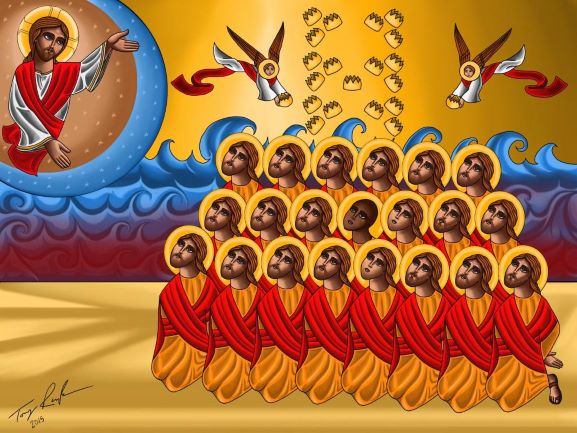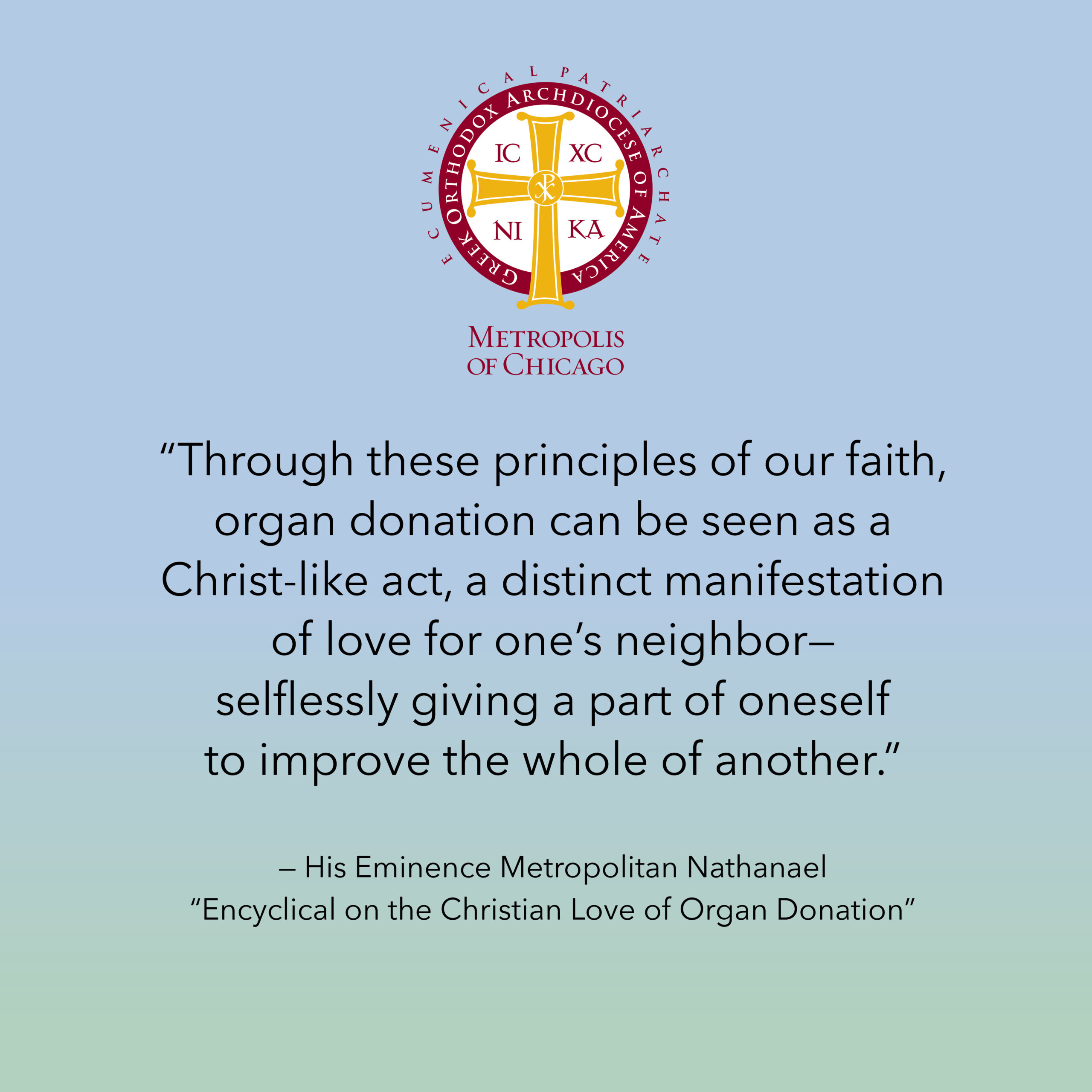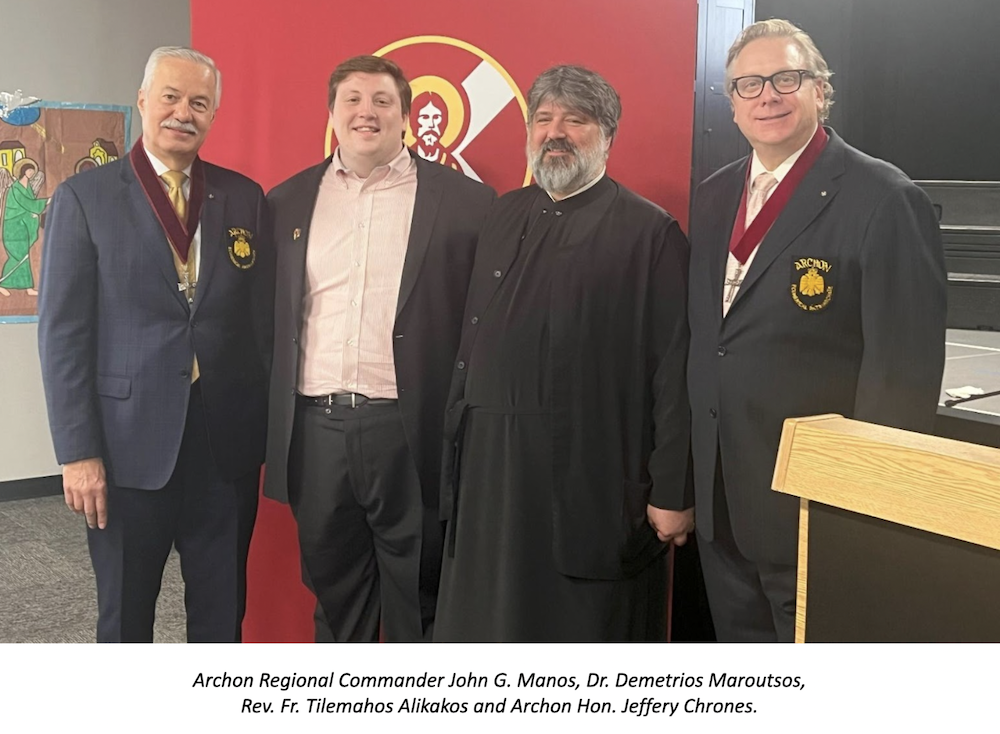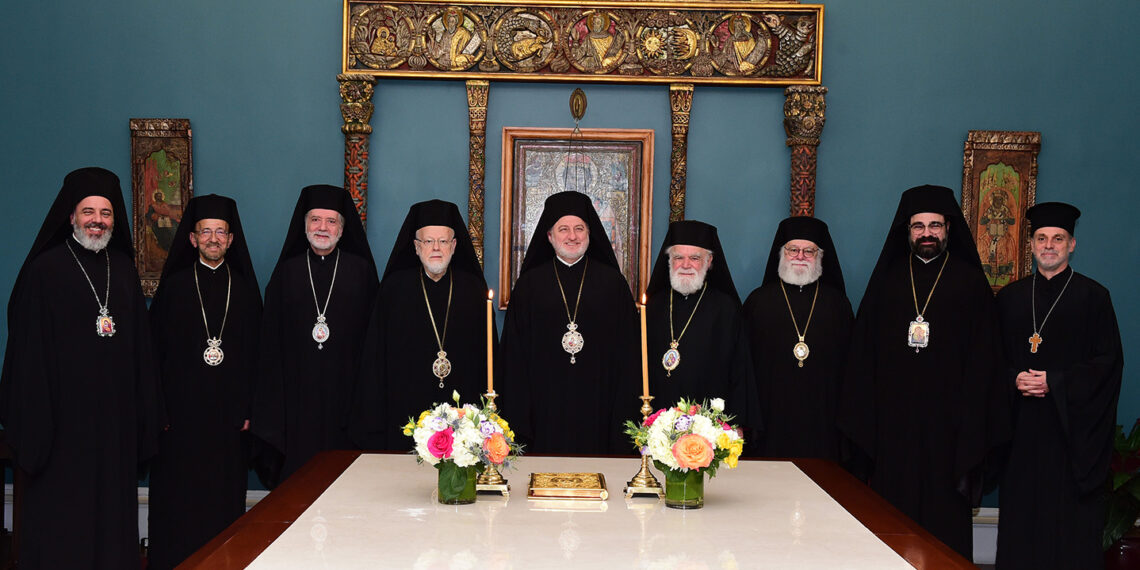ISIS Is Guilty of Anti-Christian Genocide
By Demetrios of Mokissos
As seen in the Wall Street Journal from 2/12/16
Christians throughout the world will mark Monday, Feb. 15, as a day to remember the courage and religious fortitude of 21 Coptic Christians who were executed one year ago by Islamic State terrorists in Libya. The Coptic Orthodox Christian Church will be joined by the Roman Catholic Church, the Eastern Orthodox Church and other Christian denominations in observing the somber anniversary.
These Coptic Christian hostages were executed for no other reason than their faith in Jesus Christ. ISIS released a video of the barbarism with the title “A Message Signed With Blood to the Nations of the Cross.” Bloodshed in the Middle East has become all too common, and many Americans with busy lives may have become inured to the seemingly endless litany of atrocities, unaware of the extent of the genocidal campaign against the Christian minority in the Middle East.
This particular crime against humanity was a grotesque example of the violence Christians face daily in Libya, Iraq, Syria and anywhere that ISIS prosecutes its murderous campaign against anyone it deems an infidel. Yet as horrible as the episode was, it also offers inspiration and testimony to the power of faith.
The 21 men executed that day were itinerant tradesman working on a construction job. All were native Egyptians but one, a young African man whose identity is uncertain–reports of his name vary, and he was described as coming from Chad or Ghana. But the power of his example is unshakable. The executioners demanded that each hostage identify his religious allegiance. Given the opportunity to deny their faith, under threat of death, the Egyptians declared their faith in Jesus. Steadfast in their belief even in the face of evil, each was beheaded.
Their compatriot was not a Christian when captured, apparently, but when challenged by the terrorists to declare his faith, he reportedly replied: “Their God is my God.” In that moment, before his death, he became a Christian. The ISIS murderers seek to demoralize Christians with acts like the slaughter on a Libyan beach. Instead they stir our wonder at the courage and devotion inspired by God’s love.
While we remember these men’s extraordinary sacrifice, is there not more that we can do to stop this genocide against Christians in the Middle East?
The faithful of the Greek Orthodox Metropolis of Chicago, which I represent, have adopted a resolution urging America’s elected leaders to officially recognize the genocide of Middle East Christians, and by doing so call into action the United Nations resolution known as the Responsibility to Protect.
In 2005, recognizing the failure to adequately respond to the most heinous crimes against humanity, world leaders at the U.N. made a historic commitment with passage of the Responsibility to Protect, which includes these “pillars”:
1. The State carries the primary responsibility for protecting populations from genocide, war crimes, crimes against humanity and ethnic cleansing, and their incitement;
2. The international community has a responsibility to encourage and assist States in fulfilling this responsibility;
3. The international community has a responsibility to use appropriate diplomatic, humanitarian and other means to protect populations from these crimes. If a State is manifestly failing to protect its populations, the international community must be prepared to take collective action to protect populations, in accordance with the Charter of the United Nations.
Clearly, the genocide against Christians in the Middle East meets these conditions, yet it is lost in the fog of diplomatic inertia and military half-measures as the bloody conflict in Syria drags on, spilling across much of the region. Despite officially supporting the U.N.’s Responsibility to Protect, America’s elected leaders have yet to officially apply it in the case of crimes against Christians in the Middle East.
It may seem like we in the U.S. have little ability to change conditions in the Middle East and elsewhere. But that outlook has too often led to inaction and great regret after crimes against humanity have been allowed to unfold without intervention. The U.S. and other members of the U.N. made a solemn vow. With genocide occurring before our very eyes, we must properly identify the crimes and honor our international commitment under Responsibility to Protect.




